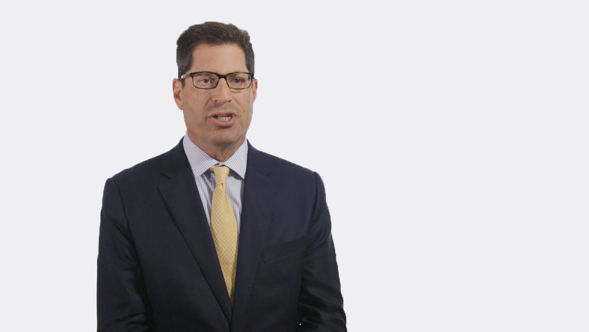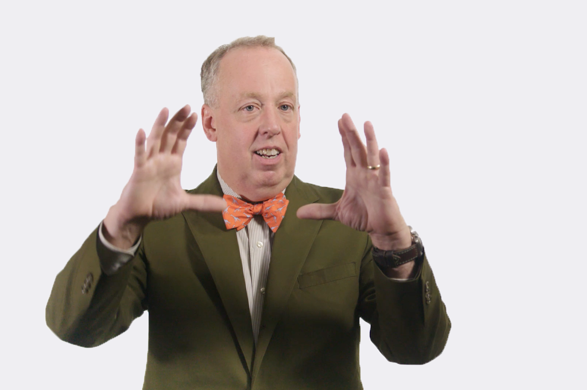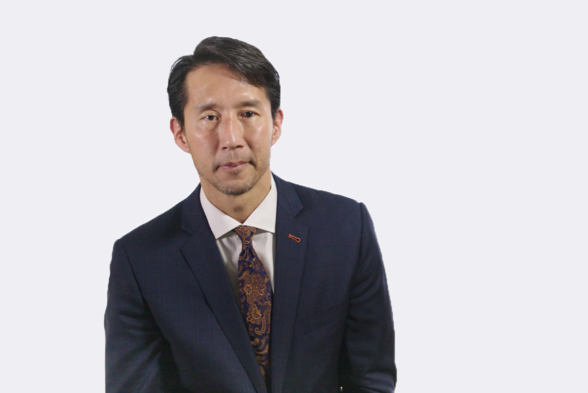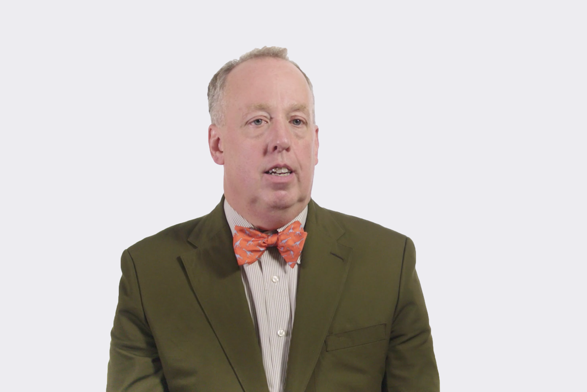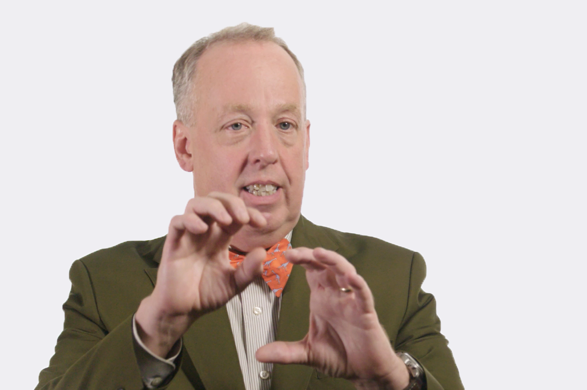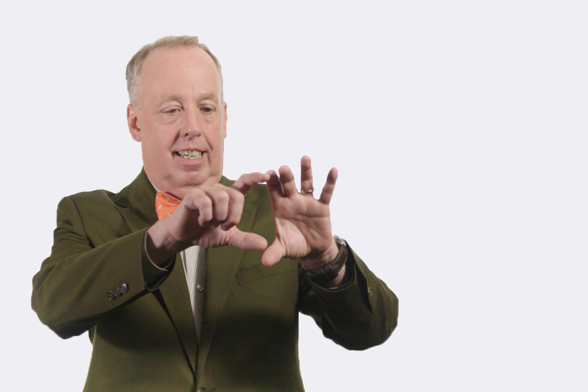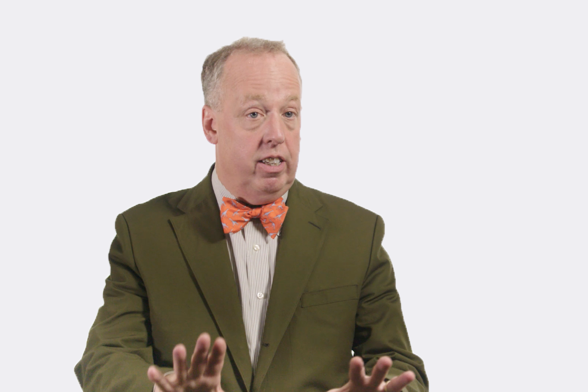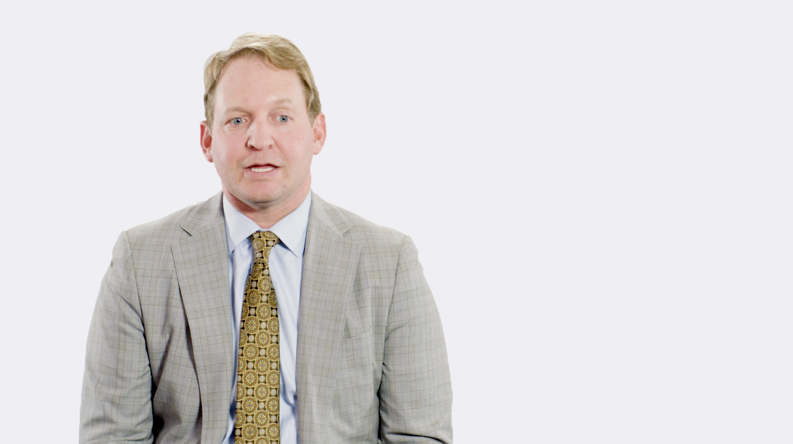What to Expect at Your Appointment
On this page you'll find appointment guides, explanations of diagnostic tests you may experience, and an overview of the diverse eye care professionals you may meet.

Plan Your Appointment
Whether you're going to your first eye appointment or your twentieth,
help get the most out of your appointment with these helpful
tools and tips.
Call
Ahead
Call the office at least a few days
before your appointment to ask if
you should prepare anything
ahead of time, such as a list of all
your medications.
Take Someone
with You
If they can make it, bring a spouse, friend or loved one with you. Just like two heads are better than one, four eyes (and ears) are better than two.
Consider Your
Transportation
Your eye doctor may perform an exam that affects your ability to drive, so always plan for safe transportation to and from your appointment.
Bring
Sunglasses
Your eye doctor may provide protective glasses after certain exams, but it’s always good to have a back-up pair of sunglasses just in case.
Bring a List of Questions
Download a copy of our appointment guide to
have the right questions handy at your next doctor’s visit.
GET APPOINTMENT GUIDE
Know Who's Who
in Your Eye Care Team
It’s important to understand the roles of different eye doctors and specialists to determine what’s right for your eye health needs.

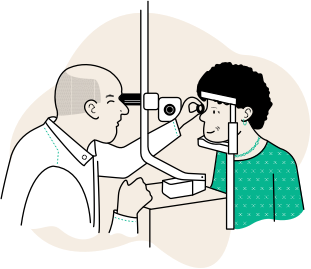
Optometrist
Optometrists provide eye exams, vision tests, corrective lenses, and can diagnose eye diseases. Optometrists can prescribe medications to treat many eye diseases and may work with you to develop lifestyle and nutrition plans that support eye health.

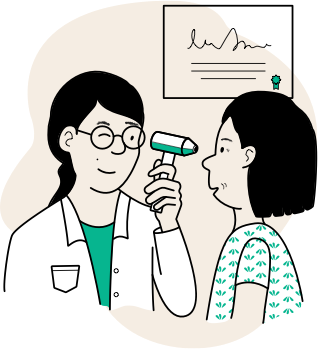
Ophthalmologist
An ophthalmologist can perform eye exams and vision tests, diagnose and treat eye diseases, and perform surgery.

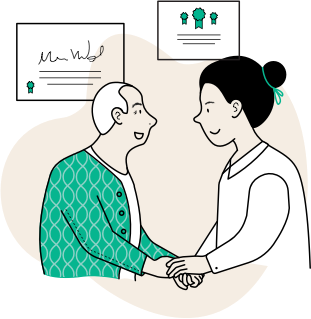
Retina Specialist
A retina specialist is an ophthalmologist who has years of specialized training in treating diseases of the retina as well as a wide range of eye conditions. If you have Wet AMD, DR or DME, ask your ophthalmologist or optometrist if you may need to see a retina specialist to help manage your condition.

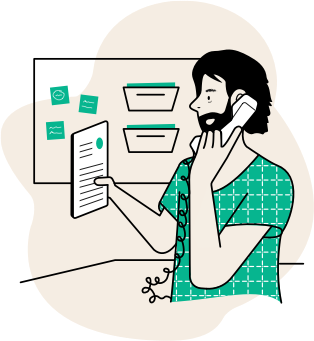
Nurses & Office Staff
The nurses or staff at your eye doctor’s office can be a great resource for you. Always follow up with a nurse or staff member whenever you need more information or clarification on your treatment.


